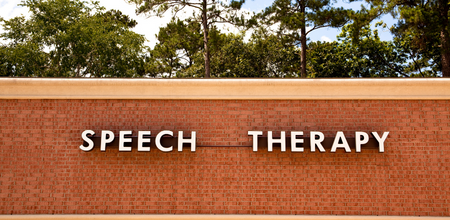The Question
How does awareness of deficits compare between the areas of physical, cognitive, and behavioral function for individuals with traumatic brain injury in inpatient rehabilitation? Does an individual’s severity of injury influence his or her self-awareness ratings?
Past Studies
Past Studies have identified impaired self-awareness as a common problem following traumatic brain injury. It occurs more often in individuals with moderate to severe injury. Individuals with impaired self-awareness are unable to accurately rate their functional levels. Past studies show that individuals with self-awareness problems tend to err on the side of overestimating their abilities, especially in the areas of thinking skills and behavior. For instance, individuals with behavior problems may not realize or perceive that indeed, they are acting in a rude manner. Such persons do not recognize the importance of adjusting their behaviors toward others. This can interfere with their interactions with others and cause them to be unsuccessful at what they set out to accomplish. A lack of awareness can also interfere with the rehabilitation process. Individuals may refuse or resist treatment because they do not think they have a problem. Most studies have focused on self-awareness issues after individuals have completed rehabilitation. Studies about impaired self-awareness in the inpatient rehabilitation are lacking.
This Study
This study included 161 individuals with moderate to severe traumatic brain injury. They were recruited from three Traumatic Brain Injury Model Systems inpatient rehabilitation settings. The individuals with traumatic brain injury and their clinician completed the Awareness Questionnaire (AQ). The AQ rates and compares individual physical, cognitive (thinking skills), and behavioral abilities before and after injury. The researchers categorized each participant as more impaired or less impaired for each of the functional areas. The researchers compared the participant scores and the clinician scores.The individual’s severity of impairment, as grouped by the researchers, did not appear to influence the AQ ratings. The researchers found that the more impaired group and the less impaired group reported very similar self-ratings on the AQ. Both groups recognized physical problems more than behavioral or cognitive problems. Both groups acknowledged behavioral problems the least.
Who May Be Affected By These Findings
Individuals with traumatic brain injury and their loved ones, health care providers, researchers.
Caveats
The results of this study are the same as those found by former researchers. The researchers state several ideas, but are not able to explain why the differences in self-ratings occur in this manner.
Bottom Line
The individual’s severity of impairment did not appear to influence their self-awareness ratings. The participants recognized physical impairments the most and behavioral problems the least.
Please take a moment to comment on the value of this abstract:
Click here to take a brief survey
Find This Study
Hart, T., Sherer, M., Whyte, J., Polansky, M., & Novack, T. A. (2004). Awareness of behavioral, cognitive, and physical deficits in acute traumatic brain injury. Archives of Physical Medicine Rehabilitation, 85, 1450-1456.





